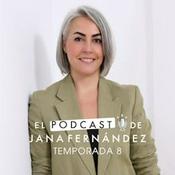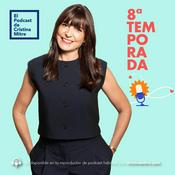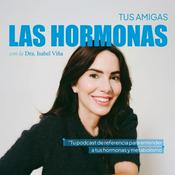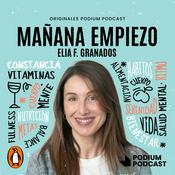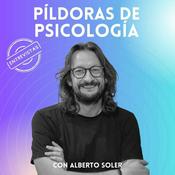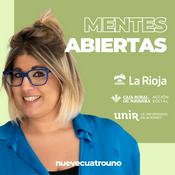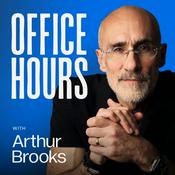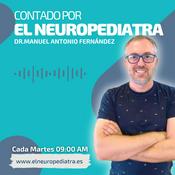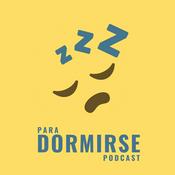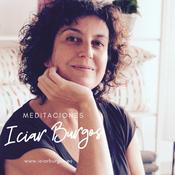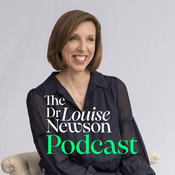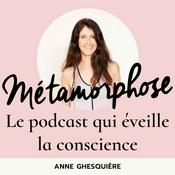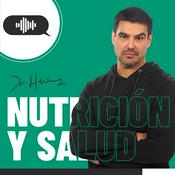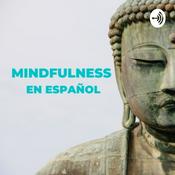297 episodios
- How well can you remember the details of your childhood? Sometimes, the memories are there, but a little hazy. But what if you could trick your brain into thinking you looked like your younger self again? Would that help you recall more childhood memories? A new study has tried exactly this, so Claudia Hammond meets Professor Jane Aspell to have a go at an illusion that makes you believe you have a younger version of your face.
Imagine navigating across an ocean, only using the feel of waves hitting your boat to locate yourself. That’s exactly what master navigators in the Marshall Islands do, and in August, Professor Hugo Spiers and doctoral student Maria Ahmad joined local sailors on a three day voyage in the Pacific. They tell Claudia how Marshallese sailors are able to navigate in this way and what this can teach us about the brain.
And Claudia is joined in the studio by Daryl O’Connor, professor of psychology at the University of Leeds. Daryl shares how self-affirmation can be an easy intervention to boost wellbeing, and new research on why the more often you see a public health campaign, the less your brain engages with the message.
Presenter: Claudia Hammond
Producer: Sophie Ormiston
Editor: Ilan Goodman
Studio Manager: Sue Maillot
Production coordinator: Jana Bennett-Holesworth - More than 32,000 asylum seekers are being housed in hotels in the UK, the latest figures show.
There's been intense political debate in recent weeks focused on the cost – both financially for the government and for local communities.
But what about the cost to the mental health of those living in the hotels?
Today we’re going to hear from an asylum seeker who spent more than a year in a hotel in London, and we’ll examine the evidence for the impact on people’s mental health with clinical psychologist Dr Janelle Spira.
Dr Peter Olusoga, senior lecturer in psychology at Sheffield Hallam University, joins us in the studio with the latest research, including a study that raises the prospect of using a common acne drug to cut risk of schizophrenia and new evidence on the psychology of losing.
And what if we could mentally reframe winter to make it more enjoyable? We get some tips from clinical psychologist Dr Stephanie Fitzgerald.
Presenter: Claudia Hammond
Producer: Gerry Holt
Content editor: Ilan Goodman
Production coordinator: Jana Holesworth
Studio engineer: Tim Heffer
Details of organisations offering support with mental health, or feelings of despair, are available at bbc.co.uk/actionline. - It is now compulsory for schools across the UK to teach children about mental health and wellbeing. Whilst it might seem like classes for everyone on these topics might be helpful, a new study has found that in some cases, they may actually be worsening mental health problems. How could this be? Claudia Hammond is joined by Dr Lucy Foulkes to discuss the possible reasons why.
Listener Paul got in touch to ask why some drivers get road rage. What is it about being in a car that makes people see red? On hand to answer is traffic psychologist Professor Dwight Hennessy, who has been studying the phenomenon for years.
And Claudia is joined in the studio by Catherine Loveday, Professor of Cognitive Neuroscience at the University of Westminster. Catherine brings us new research looking at how we remember emotional memories and why musicians show a higher resistance to pain. Plus, we reflect on some of your feedback on hoarding disorder.
Presenter: Claudia Hammond
Producer: Sophie Ormiston
Editor: Ilan Goodman
Studio Manager: Donald MacDonald
Production coordinator: Jana Bennett-Holesworth - This programme may contain information that you might find to be evidence-based and informative...
Trigger warnings are everywhere.
They’re used in the news, on social media and in academia to flag potentially distressing material so we can emotionally prepare ourselves or avoid it.
But what if they actually make things worse?
We interrogate a growing body of evidence that suggests they aren’t working in the way they are intended. So should we still be using trigger warnings?
Also this week, we’ll hear from psychotherapist and author Stephen Grosz who'll share what he has learnt about love and gift-giving from four decades of conversations with his patients.
And Daryl O’Connor, Professor of Psychology at the University of Leeds, joins us in the studio and brings news of a study on links between discrimination and inflammation in the body, and why carrying out acts of kindness for others comes with benefits for you...
Presenter: Claudia Hammond
Producer: Gerry Holt
Content editor: Ilan Goodman
Production coordinator: Jana Holesworth
Studio engineer: Bob Nettles - Autism tends to be viewed as a spectrum, but a new study published this month in Nature suggests that there are both genetic and behavioural differences between early and later diagnosed autism. So is autism still a spectrum, or should we be thinking of it as having multiple different subtypes? Claudia Hammond talks to Professor Uta Frith, who has pioneered autism research for decades, about what this means for how we view autism now.
The universities of Cambridge and Durham are launching a study to help them unlock the secrets of vivid memory. Postdoctoral researchers Kasia Mojescik and Martha McGill tell Claudia how they plan to find out what makes a memory vivid, why some memories are more vivid than others, and how people can get involved in their work.
And Claudia is joined in the studio by Catherine Loveday, Professor of Cognitive Neuroscience at the University of Westminster. Catherine brings us new research on how state-level income inequality can impact how children’s brains develop, and the myriad ways music can affect dining experiences.
If you'd like to take part in the vivid memories research survey, you can find it here: https://www.english.cam.ac.uk/research/memory/get-involved/
Presenter: Claudia Hammond
Producer: Sophie Ormiston
Editor: Ilan Goodman
Studio Manager: Donald MacDonald
Production coordinator: Jana Holesworth
Más podcasts de Salud y forma física
Podcasts a la moda de Salud y forma física
Acerca de All in the Mind
The show on how we think, feel and behave. Claudia Hammond delves into the evidence on mental health, psychology and neuroscience.
Sitio web del podcastEscucha All in the Mind, El podcast de Jana Fernández y muchos más podcasts de todo el mundo con la aplicación de radio.es
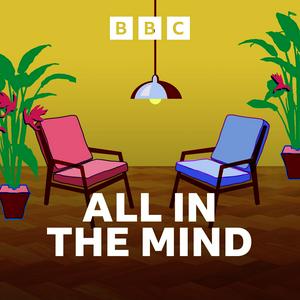
Descarga la app gratuita: radio.es
- Añadir radios y podcasts a favoritos
- Transmisión por Wi-Fi y Bluetooth
- Carplay & Android Auto compatible
- Muchas otras funciones de la app
Descarga la app gratuita: radio.es
- Añadir radios y podcasts a favoritos
- Transmisión por Wi-Fi y Bluetooth
- Carplay & Android Auto compatible
- Muchas otras funciones de la app


All in the Mind
Escanea el código,
Descarga la app,
Escucha.
Descarga la app,
Escucha.

